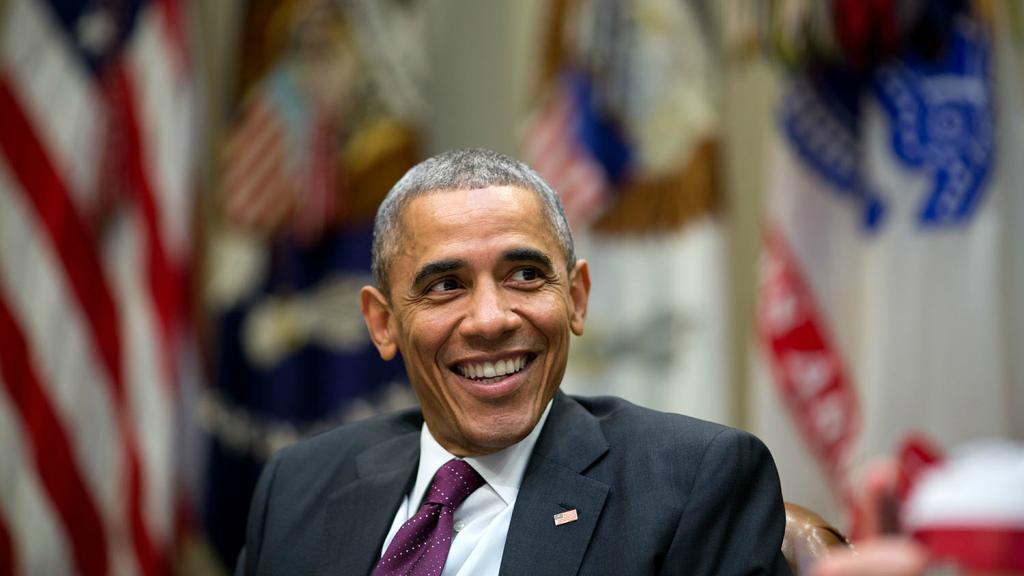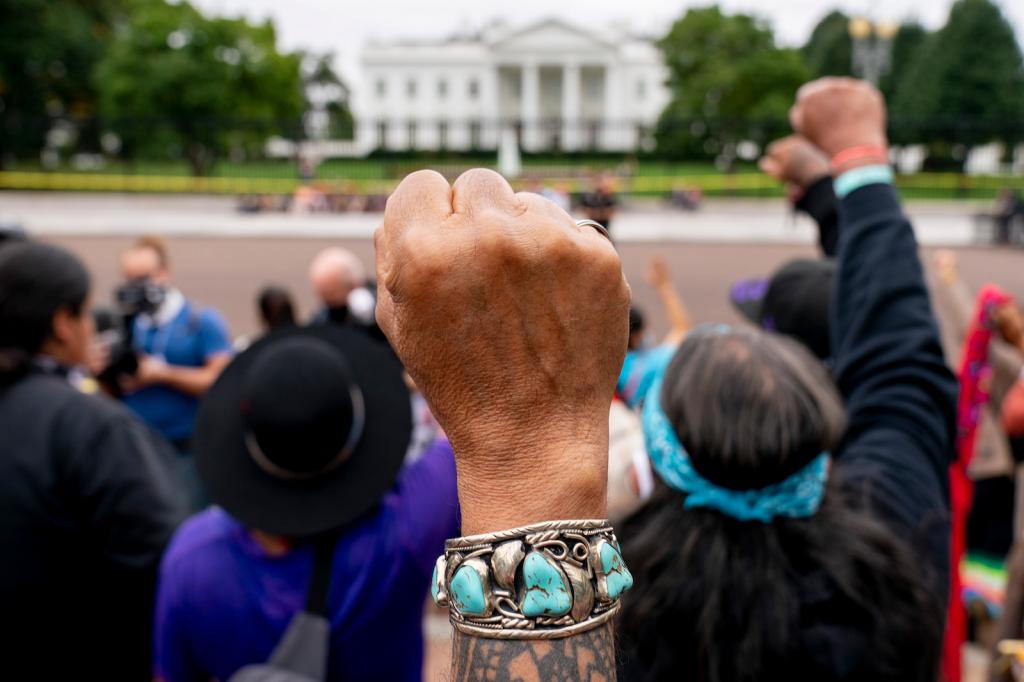Q. Being a skier, animal lover, and outdoor enthusiast altogether, I have a real concern for the environment. I want to be able to do something significant about climate change, however, it is not an easy thing to do. Making sure to support local businesses that are taking steps to fight climate change seems like a good way to begin. I am wondering what you consider to be the most important questions to ask these businesses to find out if they are truly fighting climate change, or causing it.
Jake
Kamloops, B.C.
A. Dearest Jake,
Money talks, as you clearly understand. So if you care about climate change, it’s only right that you vote with your dollar, put your money where your mouth is, and spend your hard-earned dough with businesses that share your values. Call it greenbacks for green biz! (I do realize that as a Canadian you probably wouldn’t be spending U.S. currency, but I’m on a roll here.)
In other, less clichéd words: Supporting local companies that strive to lighten their impact on the environment is a great idea. Not only are you rewarding them for their efforts, but you’re also demonstrating to the world that there’s a market for green-minded goods and encouraging other companies to do likewise. Great, right? Now if we can just find the products and services worthy of your cash, we’ll be in business. Your money doesn’t grow on trees, after all (couldn’t resist).
I like your interview approach to separating the climate changers from the climate saviors, Jake: There’s only so much you can learn from a company’s website, and it’s easy to make vague promises about sustainability online. In some lucky locations, an independent organization has taken over the vetting process for us, like this app in Philadelphia or this certification program in California. National eco-labels – third-party certification programs such as Fair Trade (mostly foods, like coffee and chocolate), bluesign (textiles), or Green Seal (all kinds of stuff, from soaps to hotels) – can also tip you off to sustainably minded sellers.
In some cases, though, we might need to get a bit more personal in our investigations, especially of local businesses. To that end, here are a few questions to get the conversation rolling with owners and managers. You’ll need to tailor your queries to the business at hand, naturally – a dry cleaner will inspire different concerns from, say, a ski shop – but these questions three should certainly get you started.
What are you doing to make your business sustainable and/or reduce your carbon footprint?
I always like to start these kinds of chats with a nice, broad question, and this one is the most important of the whole bunch. If the business owner has an answer at the ready – perhaps backed up by a sustainability policy, specific goals, or concrete achievements – then you know he/she has already given the matter some thought. Small businesses can tackle this one in all kinds of ways, from light lifts (making sure the lights get turned off, turning down the thermostat) to moderate efforts (composting, installing LED lights, giving employees free bus passes) to big investments (installing solar panels, filling the company fleet with electric cars). Judge them accordingly.
And if instead you’re greeted with a blank stare, or worse, called a “dirty treehuggin’ hippie” for your trouble? Well, that speaks volumes, too.
Have you inventoried your carbon emissions and/or energy use?
Meaningful improvement is nigh on impossible without knowing where the problems are, so any business that has invested in a thorough audit is likely serious about greening up. These third-party analyses look at factors like employee travel, the building’s electricity use, and product shipping, pointing out where the company can do better. Why yes, in fact, they have? The natural follow-up: Well, what are you doing about it?
Do you stock/use/make more sustainable or less toxic products?
This one isn’t exactly about climate change, but I submit it as important nonetheless. Any company that focuses on green goods will probably want to show off its organic cotton T-shirts/biodegradable soaps/reclaimed wood furniture/recycled home insulation, and bully for that. Applause to steps like reducing packaging and choosing reusable or compostable shipping materials, too. Full-throated cheers for eliminating harmful chemicals or pollutants from their line, whether in the products themselves or in the manufacturing phase.
Also (metaphorically) peek behind the counter if you can: Do they prioritize things like 100-percent recycled paper, green cleaning potions, and Energy Star appliances in the break room (called environmentally preferable purchasing in wonk-speak)?
There are lots more questions you might get into, Jake: Are you buying renewable energy? How close are you to being Zero Waste? What kinds of politicians are you supporting? (Now there’s a thorny one.) But by now, you’re well on your way to spending your green, well, greenly.
Consumptively,
Umbra



